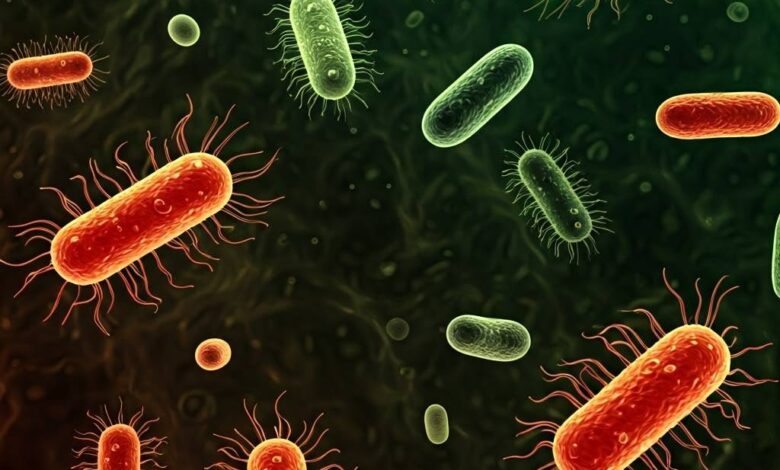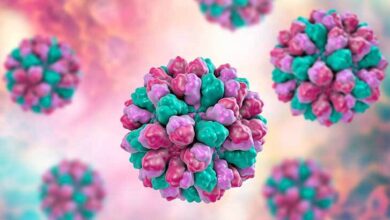
Scientists Sound Alarm: Synthetic “Mirror” Bacteria Pose Grave Threat to Humanity
A chilling warning has been issued by a group of leading scientists, urging immediate action to halt research into the creation of synthetic “mirror” bacteria. These engineered organisms, possessing a reversed genetic code, could potentially unleash a catastrophic pandemic, capable of wiping out entire populations.
“This is not science fiction,” declared Dr. Emily Carter, a renowned geneticist at the University of Oxford. “We are talking about a real and present danger. These ‘mirror’ bacteria could be immune to existing antibiotics, and their unique genetic makeup could render them virtually undetectable by our current diagnostic tools.”
The concern stems from the potential for these synthetic bacteria to escape from laboratories and spread uncontrollably. Unlike their natural counterparts, “mirror” bacteria would be completely alien to the human immune system, leaving us utterly vulnerable to their devastating effects.
“Imagine a world where a simple cough or cold could turn deadly, where even the most basic medical treatments become ineffective,” warned Dr. Carter. “This is the horrifying reality we face if we allow this research to continue unchecked.”
The scientific community is now calling for a global moratorium on “mirror” bacteria research, demanding a thorough risk assessment and the establishment of stringent safety protocols before any further experimentation takes place.
“We need to prioritize the safety of humanity over scientific curiosity,” urged Dr. Carter. “The potential consequences of this research are too grave to ignore. We must act now before it’s too late.”
The warning comes amidst a growing debate surrounding the ethical implications of synthetic biology. While the potential benefits of this field are undeniable, the risks associated with creating novel life forms are equally significant.
As the world grapples with the threat posed by “mirror” bacteria, the question remains: will we learn from the mistakes of the past, or will we succumb to the allure of unchecked scientific ambition?




